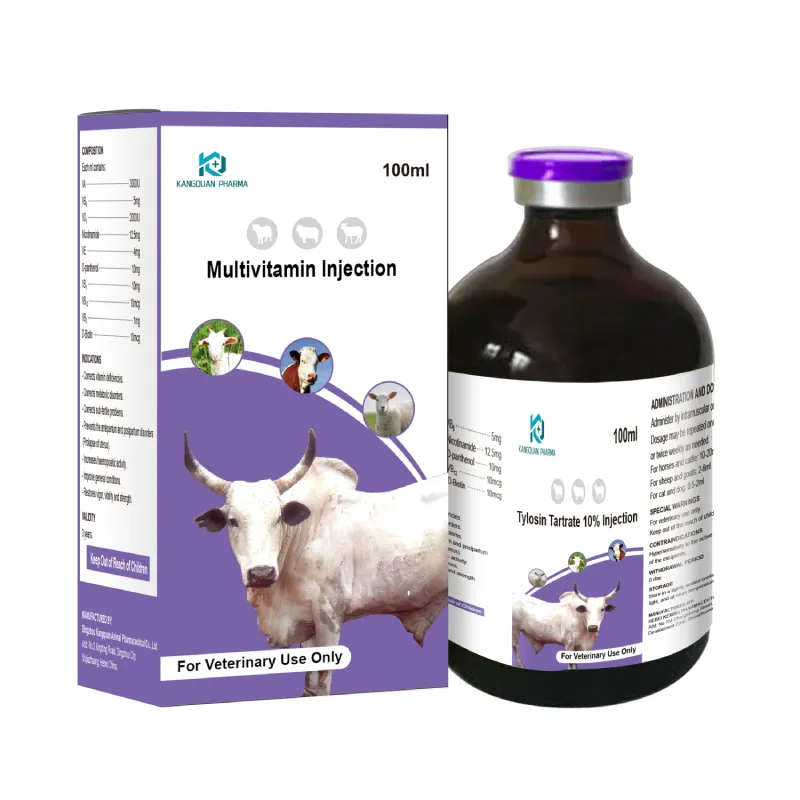- Afrikaans
- Albanian
- Amharic
- Arabic
- Armenian
- Azerbaijani
- Basque
- Belarusian
- Bengali
- Bosnian
- Bulgarian
- Catalan
- Cebuano
- Corsican
- Croatian
- Czech
- Danish
- Dutch
- English
- Esperanto
- Estonian
- Finnish
- French
- Frisian
- Galician
- Georgian
- German
- Greek
- Gujarati
- Haitian Creole
- hausa
- hawaiian
- Hebrew
- Hindi
- Miao
- Hungarian
- Icelandic
- igbo
- Indonesian
- irish
- Italian
- Japanese
- Javanese
- Kannada
- kazakh
- Khmer
- Rwandese
- Korean
- Kurdish
- Kyrgyz
- Lao
- Latin
- Latvian
- Lithuanian
- Luxembourgish
- Macedonian
- Malgashi
- Malay
- Malayalam
- Maltese
- Maori
- Marathi
- Mongolian
- Myanmar
- Nepali
- Norwegian
- Norwegian
- Occitan
- Pashto
- Persian
- Polish
- Portuguese
- Punjabi
- Romanian
- Russian
- Samoan
- Scottish Gaelic
- Serbian
- Sesotho
- Shona
- Sindhi
- Sinhala
- Slovak
- Slovenian
- Somali
- Spanish
- Sundanese
- Swahili
- Swedish
- Tagalog
- Tajik
- Tamil
- Tatar
- Telugu
- Thai
- Turkish
- Turkmen
- Ukrainian
- Urdu
- Uighur
- Uzbek
- Vietnamese
- Welsh
- Bantu
- Yiddish
- Yoruba
- Zulu
Nën . 10, 2024 20:40 Back to list
Nutritional Strategies for Optimizing Beef Cattle Health and Growth Performance
Understanding Beef Cattle Nutrition Key Factors for Healthy Livestock
Beef cattle nutrition is a crucial aspect of livestock management that directly impacts the health and productivity of cattle. Proper nutrition ensures that beef cattle grow efficiently, produce quality meat, and maintain overall well-being. This article delves into the fundamental components of beef cattle nutrition, the importance of nutritional balance, and practical strategies for optimizing cattle diet.
The Basics of Beef Cattle Nutrition
Beef cattle, like all living organisms, require a balanced diet made up of various nutrients to maintain health and support growth. These nutrients can be classified into six main categories water, carbohydrates, fats, proteins, vitamins, and minerals.
1. Water Water is the most critical nutrient for beef cattle, playing an essential role in digestion, nutrient absorption, and overall physiological functions. An average mature beef cow may consume between 10 to 14 gallons of water daily, depending on factors such as temperature and lactation status.
2. Carbohydrates Carbohydrates are the primary energy source for cattle and are typically found in forages, grains, and silage. They are vital for maintaining health, promoting growth, and sustaining high production levels. Fiber, a crucial carbohydrate, plays a significant role in rumen health and overall digestion.
3. Proteins Proteins are essential for the growth and maintenance of muscles, tissues, and organs. Beef cattle require a higher protein intake during growth phases and lactation. Protein sources can include legumes, soybean meal, and canola meal, among others. It’s important to balance protein levels to avoid deficiencies or excesses, which can lead to health problems.
4. Fats While fats are required in smaller amounts, they are an important energy source and contribute to overall health and reproduction. Fats enhance energy density in the diet and play a significant role in reproductive performance.
5. Vitamins and Minerals Vitamins and minerals are essential for specific physiological functions, including immune response, bone health, and metabolic processes. Key minerals such as calcium, phosphorus, magnesium, and trace minerals like zinc and selenium should be carefully managed to ensure optimal health and productivity.
The Importance of Nutritional Balance
Achieving a balanced diet for beef cattle is crucial, as deficiencies or imbalances can lead to numerous health issues and reduced productivity. For instance, inadequate protein can stunt growth, while excess protein may result in kidney issues. Similarly, an imbalance in vitamins and minerals can lead to conditions such as milk fever or grass tetany.
beef cattle nutrition

Moreover, nutritional needs vary based on several factors, including age, weight, production stage (growing, finishing, lactating), and even environmental conditions. For this reason, it is essential to conduct regular assessments of cattle diets, adjusting nutrient levels according to changing needs.
Formulating Rations
Formulating rations tailored to the specific needs of beef cattle can ensure that they receive a well-rounded diet. Ration formulation involves balancing the intake of various nutrients while considering the types of feed available. Nutritional analysis is often employed to evaluate the feed's nutrient content, allowing for precise adjustments.
Engaging a livestock nutritionist can significantly enhance the accuracy of ration formulation, resulting in improved animal health and productivity. Additionally, considering the use of feed additives may enhance the efficiency of feed utilization and promote better health among the cattle.
Practical Feeding Strategies
1. Forage Quality High-quality forages should be the cornerstone of a beef cattle diet. Monitoring the nutritional content of forage is essential, and the selection of appropriate species can influence the overall health and growth rates of the cattle.
2. Supplementing Diets During periods of low forage availability or when animals have higher nutritional requirements, supplements may be necessary. These can include protein blocks, mineral licks, and grain-based feeds.
3. Regular Monitoring Closely observing cattle for changes in appearance, behavior, or production can help identify nutritional deficiencies or health issues early on. Regular body condition scoring is an effective method for assessing the nutritional status of beef cattle.
Conclusion
In conclusion, beef cattle nutrition is an essential element of successful livestock management that necessitates careful planning and monitoring. By understanding the nutritional needs of cattle and formulating balanced diets, farmers and ranchers can promote the health, growth, and productivity of their herds. The integration of sound nutritional practices can lead to enhanced meat quality and overall farming profitability, ensuring a sustainable approach to beef production.
-
Guide to Oxytetracycline Injection
NewsMar.27,2025
-
Guide to Colistin Sulphate
NewsMar.27,2025
-
Gentamicin Sulfate: Uses, Price, And Key Information
NewsMar.27,2025
-
Enrofloxacin Injection: Uses, Price, And Supplier Information
NewsMar.27,2025
-
Dexamethasone Sodium Phosphate Injection: Uses, Price, And Key Information
NewsMar.27,2025
-
Albendazole Tablet: Uses, Dosage, Cost, And Key Information
NewsMar.27,2025













